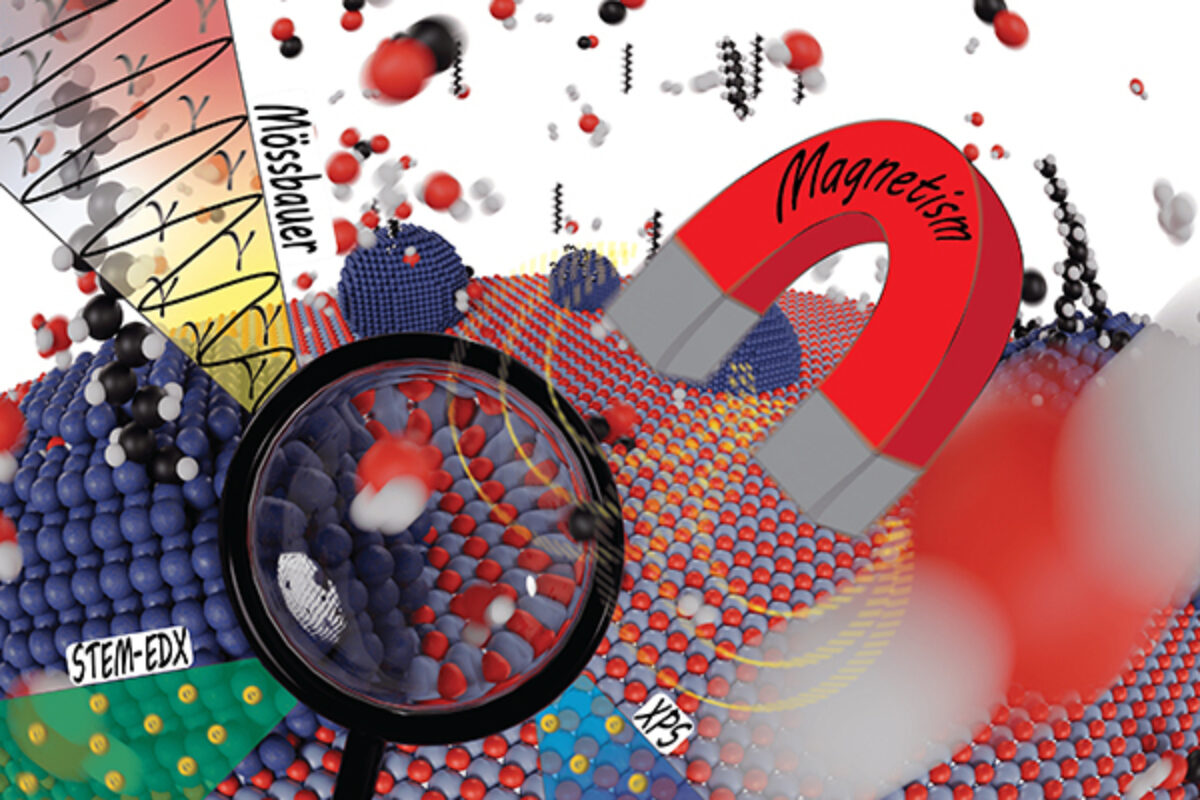The project investigates cobalt-based Fischer-Tropsch catalysts deactivation in real-world conditions, using Mössbauer spectroscopy and magnetic measurements. It focuses on high water partial pressure effects, addressing catalyst deactivation from high CO conversion. Advanced TU/e measurement tools aid in the understanding of cobalt deactivation.

The goal of my project is to understand why cobalt Fischer-Tropsch catalysts deactivate under industrial conditions. I will use Mössbauer emission spectroscopy and magnetic measurements to follow changes in cobalt nanoparticles and their oxidation state during the reaction. By studying these aspects under conditions close to those encountered in a real reactor, we hope to obtain deeper understanding of deactivation of cobalt catalysts. With this knowledge we also hope to get a better understanding of how to prevent deactivation of the catalyst. Which is relevant to current syngas processing as well as future CO2 upgrading to hydrocarbons contributing to carbon-neutral fuels.
Partners




